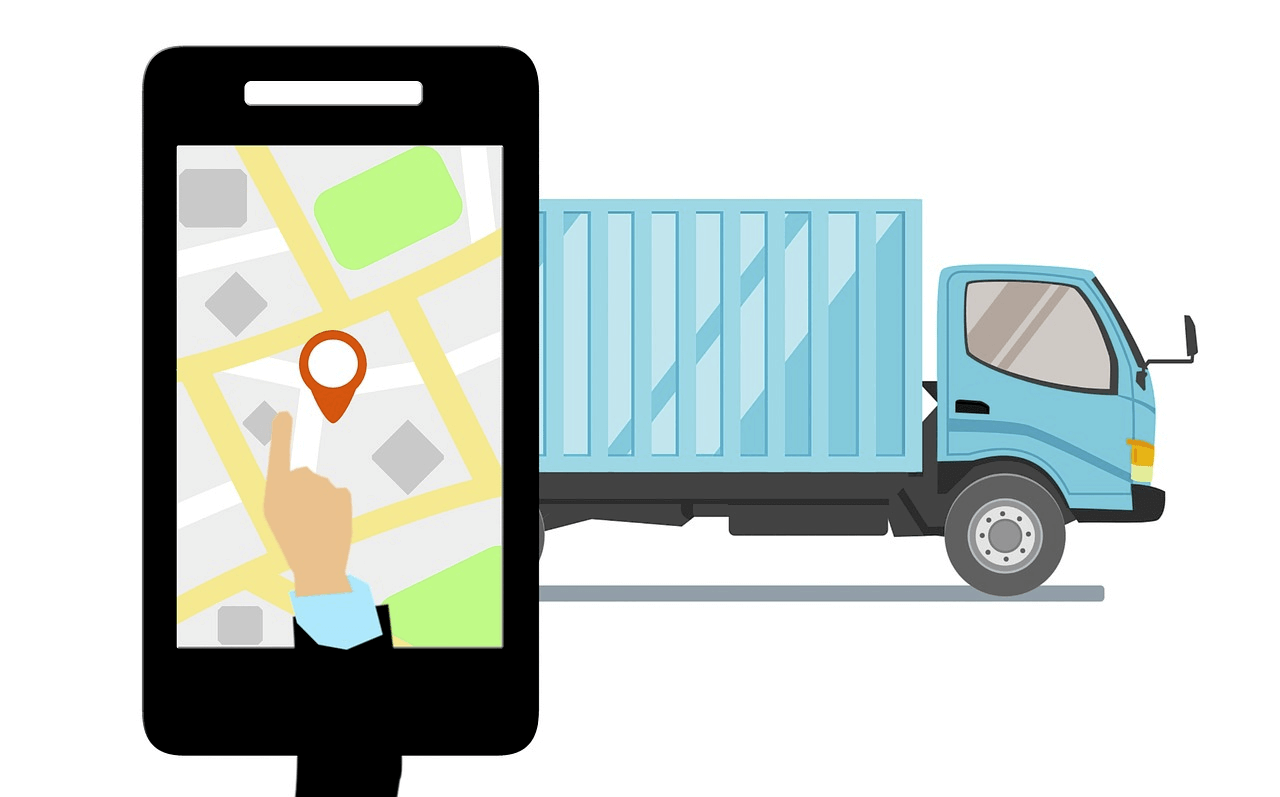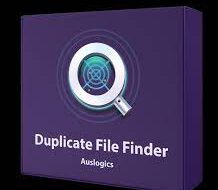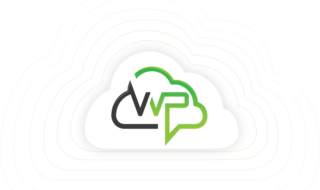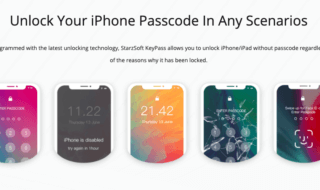Couriers need to be able to plot routes efficiently and also respond to changes on the fly so that they can fulfill their responsibilities effectively, regardless of the challenges they face out on the road.
Deciding whether to use dedicated GPS hardware or software services that operate using a handset’s built-in navigation capabilities is tricky. Since there are a multitude of potential setups, here is a look at what each has to offer in terms of software features, functions and limitations.

Dedicated GPS devices
Not that long ago, using a standalone device to handle GPS and navigation duties was the norm, both in the commercial world of courier deliveries and in the consumer market. Having dedicated tracking hardware is still an option, although thanks to the evolution of software solutions these are now a lot more flexible and functional than in the past.
Typically you can expect that this kind of GPS device will be linked in with a browser-based software solution that will allow you to monitor the locations of multiple vehicles, meaning that individual couriers or entire fleets can be managed centrally.
Lots of these devices also tie in with smartphone apps which can in turn be used to provide couriers with route updates, job information, changes and alerts as necessary. There will be a subscription charge for the tracking, as well as the upfront cost for the device itself.
Smartphone software
Since it is safe to assume that most deliver drivers will already use their own smartphones for navigation, a more cost-effective option for modern tracking is achievable using apps which leveraged built-in GPS and networking hardware of portable handsets.
There are a huge variety of software options in this ecosystem, some of which have been developed in-house by larger logistics firms while others are built by developers so that any organization can license their capabilities.
These apps are also often compatible with a variety of devices, operating systems and hardware setups. Some of the most popular options include OnFleet, Circuit and WorkWave, although there are plenty of other options out there, which helps to keep the market competitive and ensure lower costs for business customers.
Since this software can piggyback on the features found on all modern mobiles, upfront costs of adoption are minimal. Meanwhile the fast, reliable connectivity that can be expected in the heavily populated areas typically covered by couriers means that the software can offload the more complex route calculation responsibilities to the cloud, rather than monopolizing the resources of the portable device itself.
At a time when the market for courier deliveries is growing and customer expectations about delivery speed and reliability are also increasing, high quality tracking software can make a big difference. It is also worth noting that this software has become more flexible in recent years, with mobile apps ruling the roost whether or not a dedicated GPS tracker device is used by a given operator.



